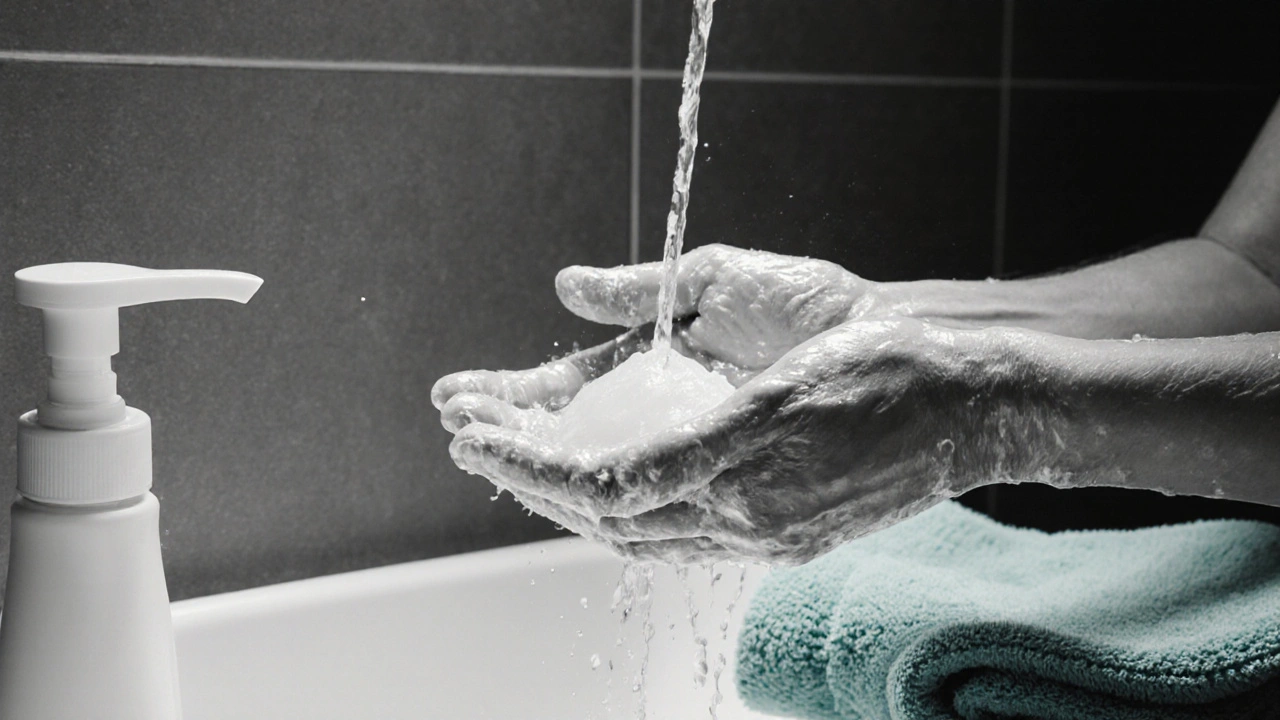Skin Care: What Works, What Doesn't, and How to Choose
When you think about skin care, the daily routines and products used to maintain or improve the health and appearance of the skin. Also known as dermatological care, it's not just about looking good—it's often about managing real medical conditions like acne, eczema, and psoriasis. Most people treat skin problems as surface issues, but the truth is, your skin often reflects what’s happening inside your body. That’s why a rash or breakout might not just be from using the wrong cleanser—it could be tied to gut health, hormones, or even an autoimmune response.
Acne, a common inflammatory skin condition caused by clogged pores and bacterial overgrowth. Also known as acne vulgaris, it’s not just a teenage thing—it affects adults too, especially women with hormonal shifts. Treatments like minocycline (found in Minocin) target the bacteria and inflammation behind breakouts, but they’re not the only option. Other conditions like eczema, a chronic skin inflammation marked by dry, itchy, red patches. Also known as atopic dermatitis, it responds better to moisturizers, barrier repair creams, and sometimes immunosuppressants than antibiotics. Then there’s psoriasis, an autoimmune condition causing thick, scaly plaques on the skin. Also known as plaque psoriasis, it’s linked to systemic inflammation and can show up alongside other diseases like ulcerative colitis, which we know from the posts can trigger skin problems too.
What ties all these together? Skin care isn’t a one-size-fits-all routine. It’s a medical puzzle. Some people need antibiotics like tetracycline for acne. Others need topical steroids for eczema or biologics for psoriasis. And some skin issues aren’t even caused by the skin at all—they’re symptoms of something deeper. That’s why the posts here don’t just list creams and serums. They compare actual treatments: Eurax for scabies, Ketotifen for allergic skin reactions, and even how ulcerative colitis leads to pyoderma gangrenosum. These aren’t random articles—they’re a map to understanding what’s really going on with your skin.
You won’t find vague advice like "drink more water" here. You’ll find clear comparisons: what works, what doesn’t, and why. Whether you’re dealing with persistent breakouts, unexplained rashes, or skin flare-ups tied to another condition, the guides below give you the facts—not marketing. No guesswork. Just what’s been tested, what’s been proven, and what to ask your doctor next.
Learn practical incontinence hygiene tips, from product choices and daily skin-care routines to travel hacks and medical red flags, to stay clean and fresh.



